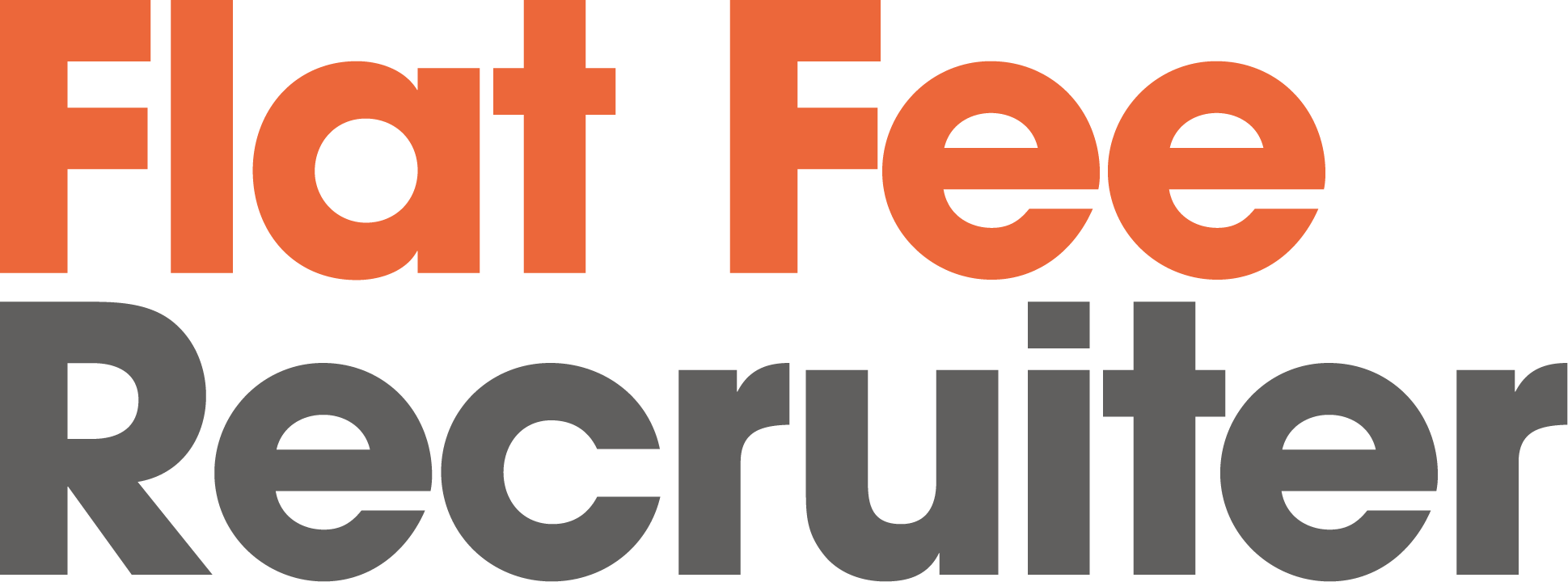Search Engine Optimisation (SEO) refers to how visible a webpage is in a search engine result such as a Google Search. It’s all about getting seen by the relevant audience and coming up higher than your competitors in online searches. Taking the context of recruitment it is all about getting your job advert seen by the right job seekers by coming up high in job board and internet searches. This could play a pivotal role in attracting a nice selection of applicants to take to interview, and ultimately a well-placed hire.
This article gives an overview of how SEO plays a role in your recruitment campaign and explains the basics of how it works and how you can be in a better position to make a successful hire.
How do you actually get higher in internet search results for jobs?
|
| Search platforms are all about relevancy. That is, your job advert needs to be relevant to what a user is searching in order to come up. The more relevant your content is the higher search engines place you. |
This then begs the question:
how do you make sure your job advert is relevant to appear high in search results?
|
| The best way to understand this is to put yourself in the jobseeker’s shoes for a moment. You’re looking for a new job – what things are you likely to search? Job title? Location? Salary? Anything else? This is exactly the kind of thing that makes a job relevant – the relationship between what a user is looking for and the information within your job advert.
The relationship here is based on keywording and keywords play a huge role in SEO. A keyword is a generic word of interest to both you and a search user. So the words ‘job, career, work’ are keywords for an applicant searching the internet for a new job. |
If I was a job seeker I might search ‘Sales Manager jobs in York’ for example and I’d expect a job board to bring up only senior sales jobs within York, or Yorkshire if there are slim pickings. A search engine shouldn’t (and wouldn’t) then bring up a Catering Assistant role or a CAD Technician because these don’t match the keywords I’m searching. This is all based on the search algorithm behind the scenes which we won’t go into here but the basic gist is to keep your advert keywords relevant to the job at hand. That way, your job will only be seen by people searching for Sales jobs in York.
There are other factors that contribute to a better ranking too such as uniqueness of content i.e. not copied or repeated content from anywhere else on the web but we’re just going to keep the focus on keywords here – maybe so another blog at a later date to cover this.
How do you get your job on page 1?
|
| So you have relevant keywords in your job advert and you come up in searches...but you’re on page 7 of X job board and you’re not getting much of a response. Some things you can do to get on page 1 include the frequency of keywords and including words within a similar semantic field too. |
A point of note here would be to not overdo it – there is such a thing as ‘keyword stuffing’ and search engines penalise you for it. That is putting too many keywords in or too many keywords close together. That’s why we recommend 3-5 keywords in a job advert of around 500 words – you might put one in the title, one in the role section and one in the apply section i.e. ‘As Sales Manager you’ll be responsible for’...’If you think you have what it takes to be a Sales Manager, click apply...’
SEO is very complex and this blog has been a really brief overview but hopefully, you feel a bit more in the know about how it works and how you can utilise it to attract the best applicants for your job.
If you liked this blog you might also like about
Recruitment Advertising:

